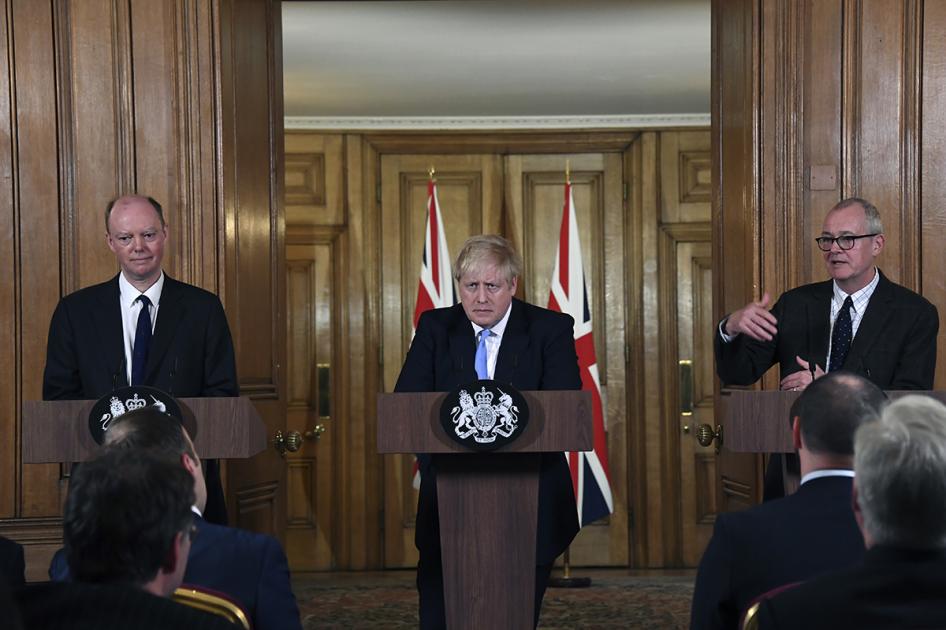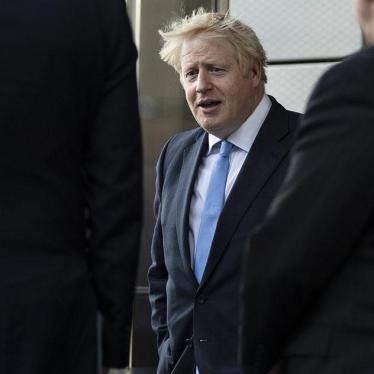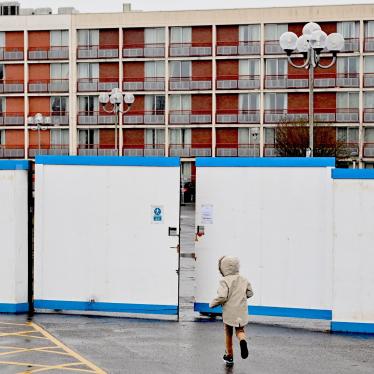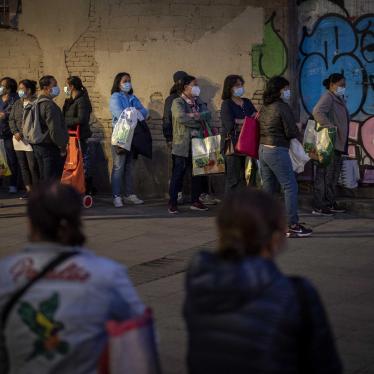Update March 19: On March 18, the UK government announced that schools would close on March 20 until further notice for the vast majority of pupils. Limited school places will remain open for children of parents working in essential employment sectors (e.g. police, emergency and health workers) and for children considered “vulnerable” and safer in a school setting. The government said that it is establishing a scheme to provide meal vouchers to children who currently receiving free school meals. The details of the scheme remain unclear. While meal vouchers will address some of the hunger arising from school closures, they are unlikely to reach all children from families living on low incomes. Poverty activists also raised concern that meal vouchers could stigmatize children from poor families and called for emergency cash transfers to families through the social security payment system.
The United Kingdom is considering public health measures to contain and delay transmission of the coronavirus. One measure on the table, school closures, could have an unintended impact on children from poor families, who rely on schools for their main hot meal of the day.
UK charities that provide meals to children from poor families who risk going hungry during school holidays, have warned that up to 3 million children may rely on schools for breakfast and lunch. A sudden closure of schools – for the legitimate public health aim of containing the spread of a disease – will leave low-income families, particularly those with family members working irregular hours, struggling to make ends meet and put food on the table.
Charity food banks, often the last available fallback option for people going hungry, are reporting shortages of staples as consumers engage in panic buying. Some food banks have begun rationing food parcels owing to supply shortages. Emergency food aid providers’ concerns are borne out of their recent experience dealing with supply disruption, panic buying, and price hikes as some consumers prepared for a no-deal Brexit in October 2019.
The UK government can mitigate this impact on families. The anti-hunger organization Feeding Britain has proposed clear measures to ensure children stay adequately fed during school closures. Measures should be dignified, and not require low-income families to take unnecessary risks to access distribution points. The government has, for example, taken positive steps to guarantee sick pay from day one if people are sick and self-isolating for coronavirus. A similar measure, such as a simple one-off cash grant to families whose children receive free school meals, or who are in receipt of specific family-related social security assistance, could help alleviate hunger if schools close. This was also proposed in the context of no-deal Brexit.
Government policy can and should help establish public trust and address public anxieties in a rights-respecting manner. Children from poor families are not alone in facing uncertainty. Older people receiving social care are also at risk.
But a responsible government with sufficient funds – the UK is the world’s fifth largest economy, after all – shouldn’t wait for charities to step in to tackle foreseeable spikes in hunger. Rather, it should work proactively to protect the basic rights of those likely to go hungry.










